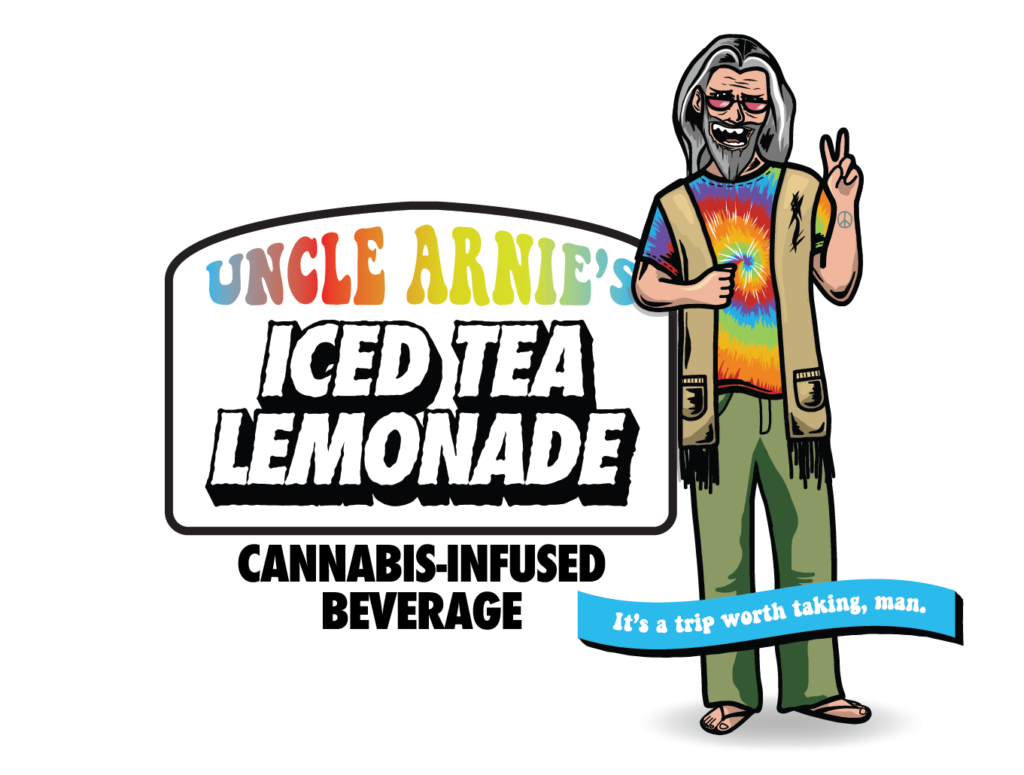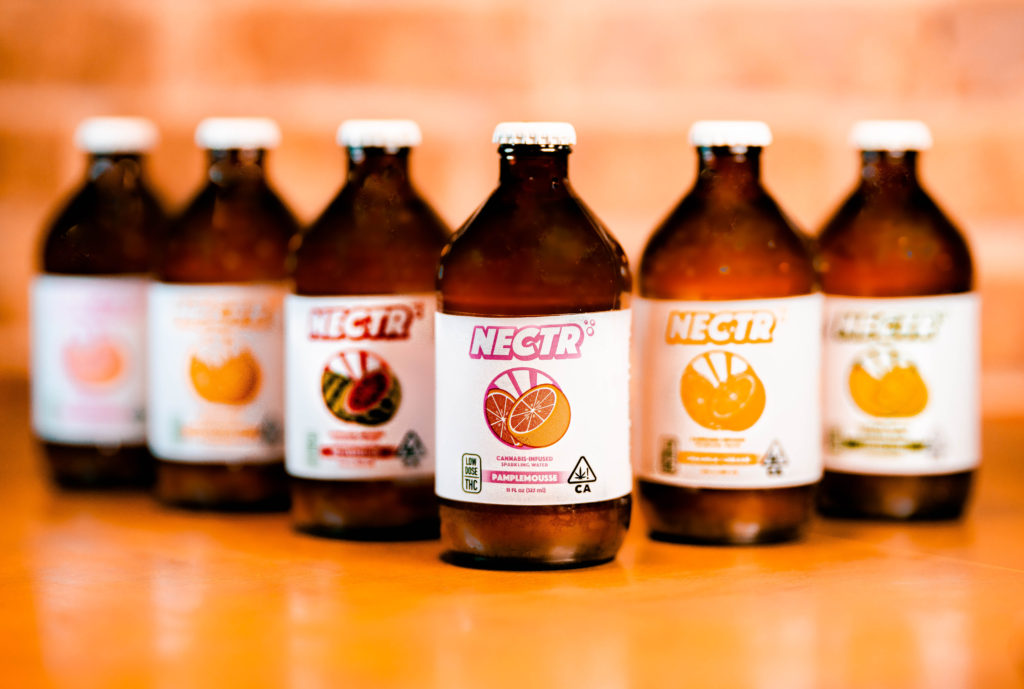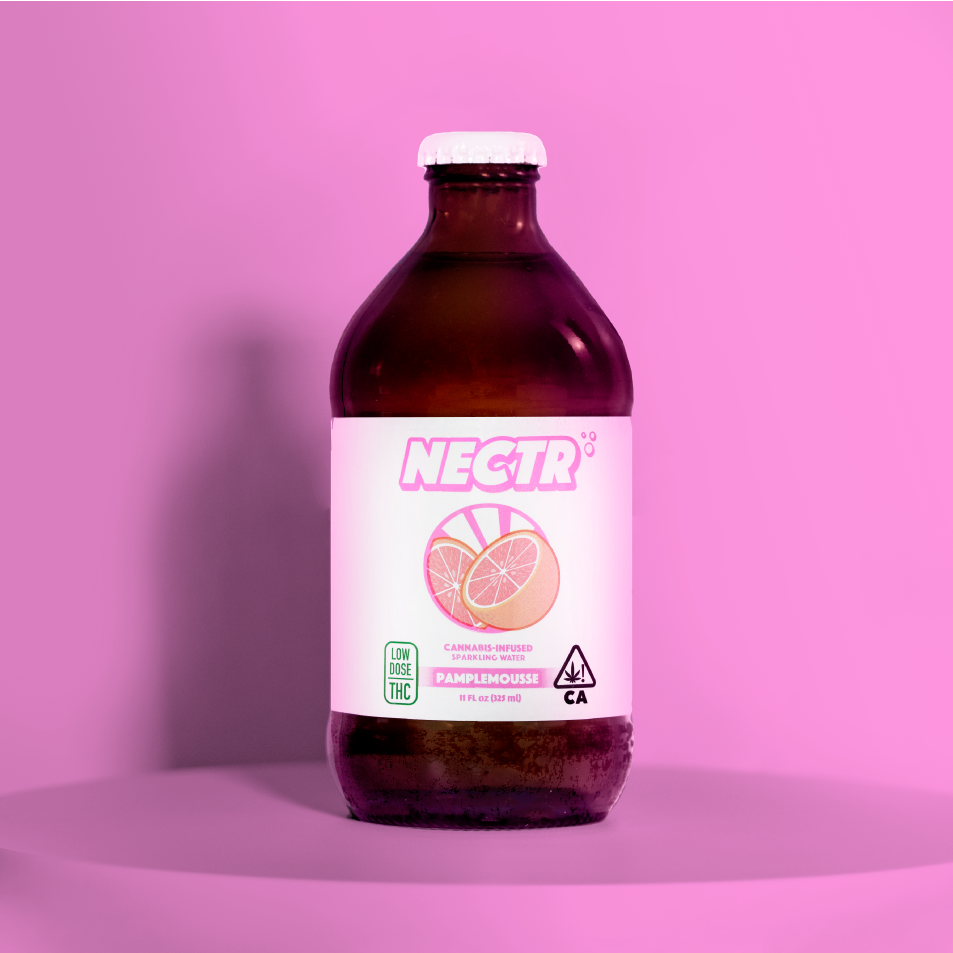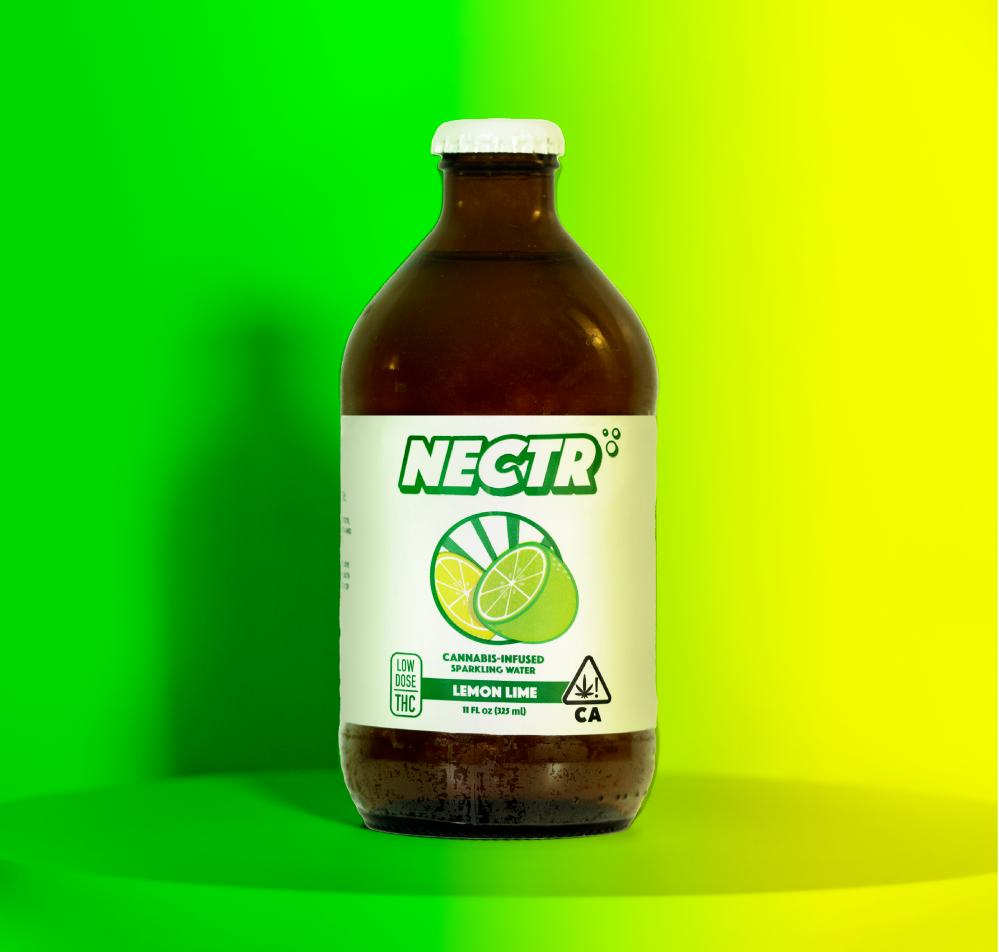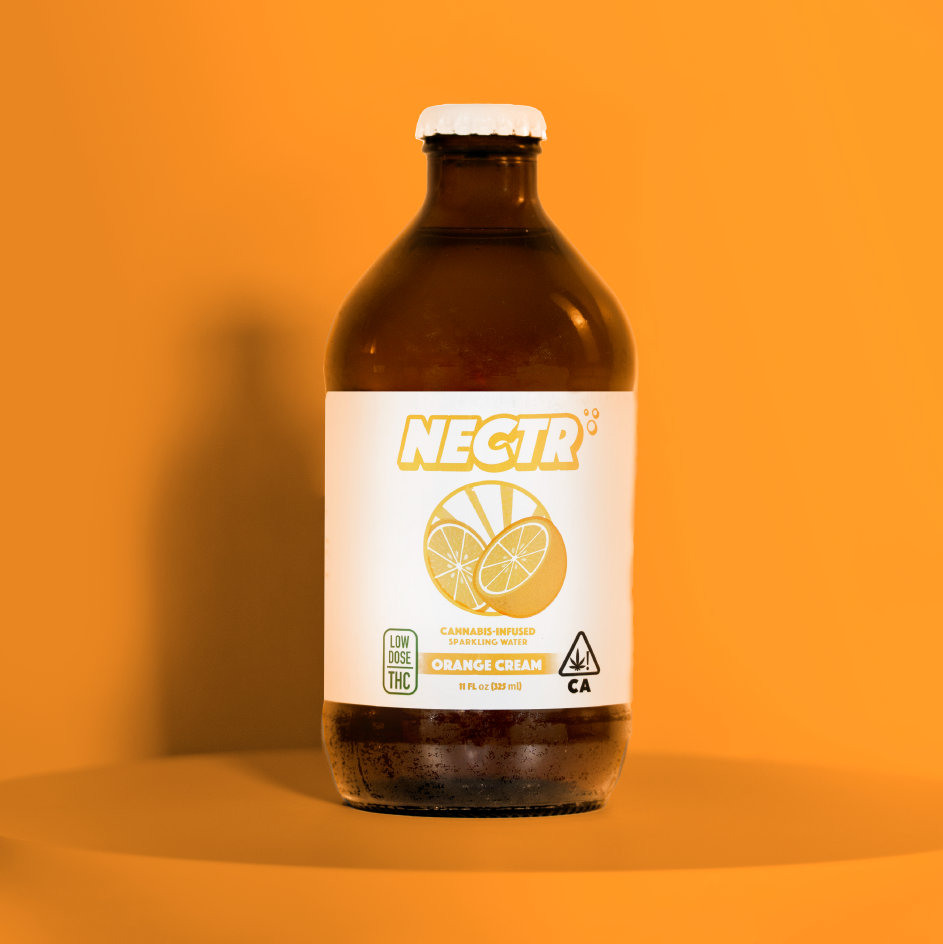Cannabis Edibles and Drink Review had the pleasure of speaking with Matt McGinn from Fly Beverage Company. Fly Beverage Company is a beverage and co-packing business, based in California.
CEDR: Could you tell me about your background in the industry?
Matt: I owned a cold brew company called Blackeye Roasting Co. in Minnesota. I started that 5 years ago but sold it this past year because I wanted to get into the cannabis beverage industry as I saw a lot of opportunities in that space.
I was introduced to a cannabis guy out in California around 18 months ago and we started talking about the opportunities in cannabis and cannabis beverage. We got a business plan going and decided that we were going to create a co-packing company for THC-infused beverages. We linked up with an investment group that already had a distribution license in the city of Woodland. We pitched them our plan and they liked it. Within a couple of months of meeting this investment group, we got licensed for cannabis manufacturing.
It’s been a meteoric rise. We got licensed in July (2019) and now we’re inching closer to max capacity for co-packing. We’re still accepting new clients, but we’re increasing shifts. We keep on adding new tanks and we keep expanding. We’ve got the suite next door and were getting that modified. We opened another 12000 square feet and we should be licensed to do our own distribution in the next three months.
We’ve really been solving problems for the industry. There aren’t any other legit beverage co-packers set up in California yet that can scale products as we can. We’re set up where we can churn out several thousand gallons of liquid every day and we have over 15000 gallons of liquid cold storage.
CEDR: Can you define co-packing and how it relates to the industry?
Matt: Co-packing is when you contract a manufacturer to produce your product. We set up and built all the equipment to manufacture products for other people. All types of companies connect with us and pay us to manufacture their products. We then work with our formula to take their drink from A to B to C in the market because that’s what legally must happen. We’re only allowed to manufacture and sell to licensed cannabis companies, so companies who don’t have their cannabis license can hire us to produce a licensed beverage for them.
CEDR: What’s the dosage in the drinks?
Matt: They range from 5mg to 10mg, but don’t differ in price. We have four flavors, with two having 5mg and two having 10mg. Our other brand is attacking the other side, which is mostly untapped: the high dose drink market. Our brand Matt’s High Soda is inexpensive. We’ll probably have the cheapest edible in the California market in about a month. It will be a 100 hundred milligram, eight-ounce drink for $10 out the door (not including tax).
CEDR: What types of cannabis beverages are garnering the most interest?
Matt: Low dose seltzer water combo drinks and lightly flavored juice drinks that are carbonated are popular. THC infused wine is popular on the producer side due to a curiosity about alcohol-free wine, but it is less popular with daily consumers due to its price and the price per mg. I expect a shift to lower price per mg drinks as the market adjusts to the demands of the daily consumer. Price drives sales. Another buying factor is the consistency of the high. A smaller demographic is willing to pay a high cost for a low-dosed drink.
My company is focused on making cannabis drinks accessible to everyone. Currently, the primary consumers are people okay with spending $10-$20 on a beverage, but we want to allow people on all ends of the spectrum to have the option of purchasing an affordable cannabis beverage.
CEDR: Tell us about some of the challenges that you have experienced getting to this point.
Matt: Lab testing. You’ve must have a good lab, and it’s very expensive. Every batch must get potency tested before release, and each test costs $125 or more. COA tests cost upwards of $700 per batch. During the R and D phase, all the materials must be tested due to the incredibly strict industry guidelines, which are stricter than any other industry.
CEDR: What’s in store for the new year?
Matt: Surprisingly, we’re already on the brink of being cash positive in less than 18 months. We’re expanding our facility and infrastructure, and we’re investing in more automation. We’ll be running 24/7, seven days a week due to our demand.
CEDR: What’s it like working with dispensaries?
Matt: I think there’s a divide between buyers in the dispensaries and people who are investing in beverage. A lot of investors are new to cannabis or don’t consume at all, and don’t think properly as a consumer. They’re thinking this is just another hot beverage category similar to selling a beer. Selling your product at a dispensary is totally different than selling your product at a liquor store.
Nobody’s focusing on what the budtenders want and they’re the ones selling your product. Budtenders are daily consumers who often consume copious amounts of cannabis and their number one concern is cost per milligram. So, if you’re providing 5mg to 10mg drinks and it costs $7 to $12, they’re not going to be interested in selling it. Our products fill that lower cost niche.
CEDR: Thanks for the great insights Matt!
